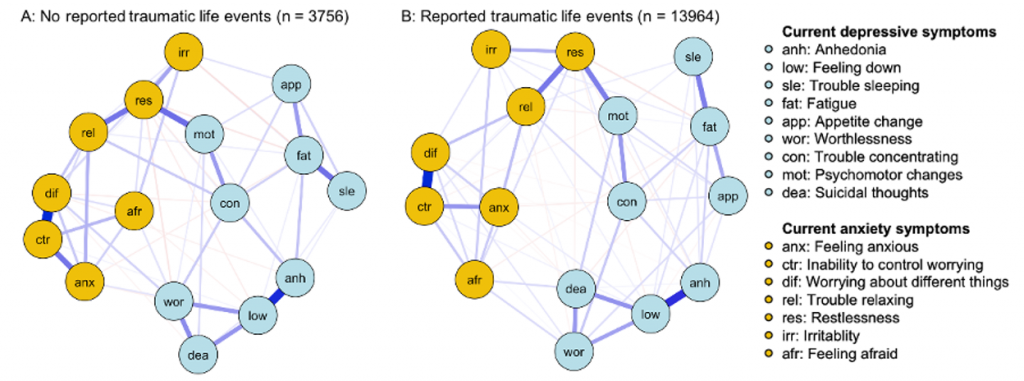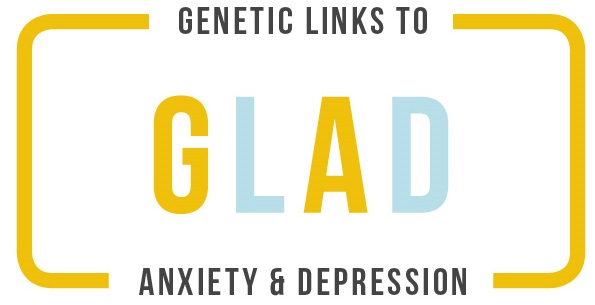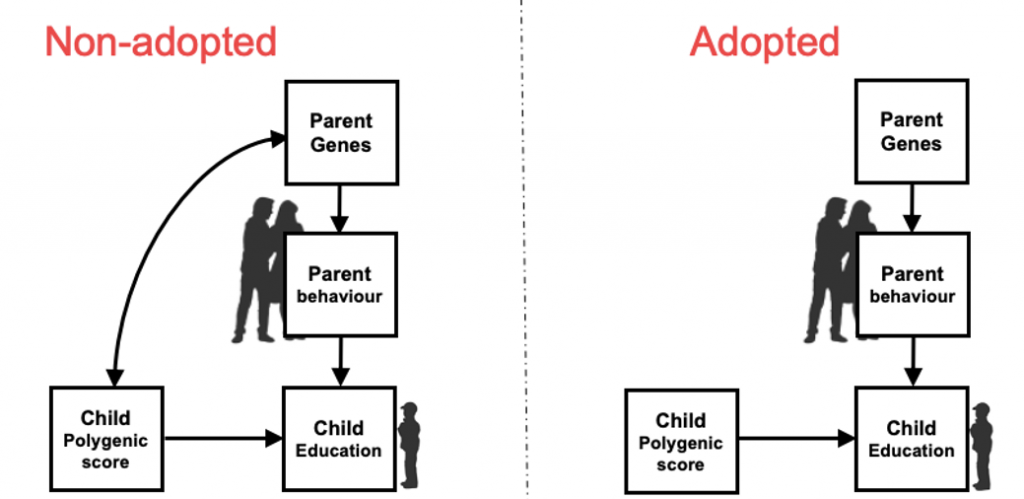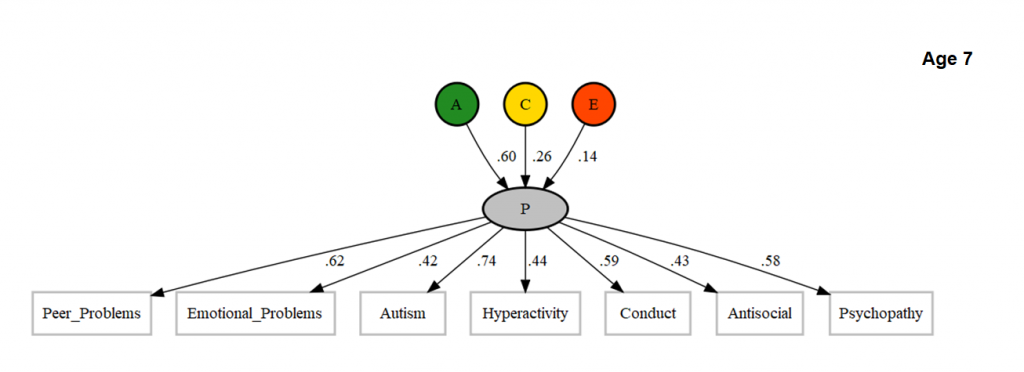
EDIT Lab PhD student, Alicia, outlines new research from the GLAD Study, exploring whether the presentation of anxiety and depression is different in individuals who report traumatic life events.

EDIT Lab PhD student, Alicia, outlines new research from the GLAD Study, exploring whether the presentation of anxiety and depression is different in individuals who report traumatic life events.

In this blog, placement students Steven and Prateek write about students’ experiences of anxiety during the first lockdown in Malaysia. As we complete one year since the announcement of the first nationwide lockdown, we can see how the pandemic has resulted in the radical change of our daily lives….

In this blog, Placement student Steven Bright writes about the evidence behind different coping behaviours during the COVID-19 pandemic. Over the past year, we’ve all been trying to adapt to our new way of life during the pandemic. Whether it’s exercising at home or video chatting with loved…

In this blog, PhD student Meg Skelton and Placement student Jade Pusey discuss internet enabled Cognitive Behavioural Therapy.

In our next EDIT Lab blog installment, Zain discusses the replication crisis facing the field of psychiatry and how self-reported measures may, in part, be a contributing factor. It is a widely accepted fact that the ‘replication crisis’ exists in psychiatry. The replication crisis refers to a situation…

The COVID-19 pandemic has changed every aspect of life as we know it. But how have these changes impacted us? There is an urgent need for research exploring this.

Genetic prediction of educational attainment: the important role of parental behaviour

Researchers from EDIT lab and the Twins Early Development Study have just published an article about the genetics of the ‘p factor’ across childhood and adolescence. What is the p factor and what did they find?

Yasmin [EDIT Lab PhD student] outlines our latest publication on anxiety symptoms in the family. Anxiety in parents is associated with anxiety in offspring, but it’s not yet clear how this happens. We conducted the first study to use a ‘genetically sensitive’ research design to examine the effects of mother,…

For Mental Health Awareness Week, the BBC is showing a series of films featuring public figures talking about their personal experiences with mental illness. In one of these, Nadiya Hussain (chef, author, and television presenter) talks to me and my twin sister Margie about what twins can tell us about…
Recent Comments